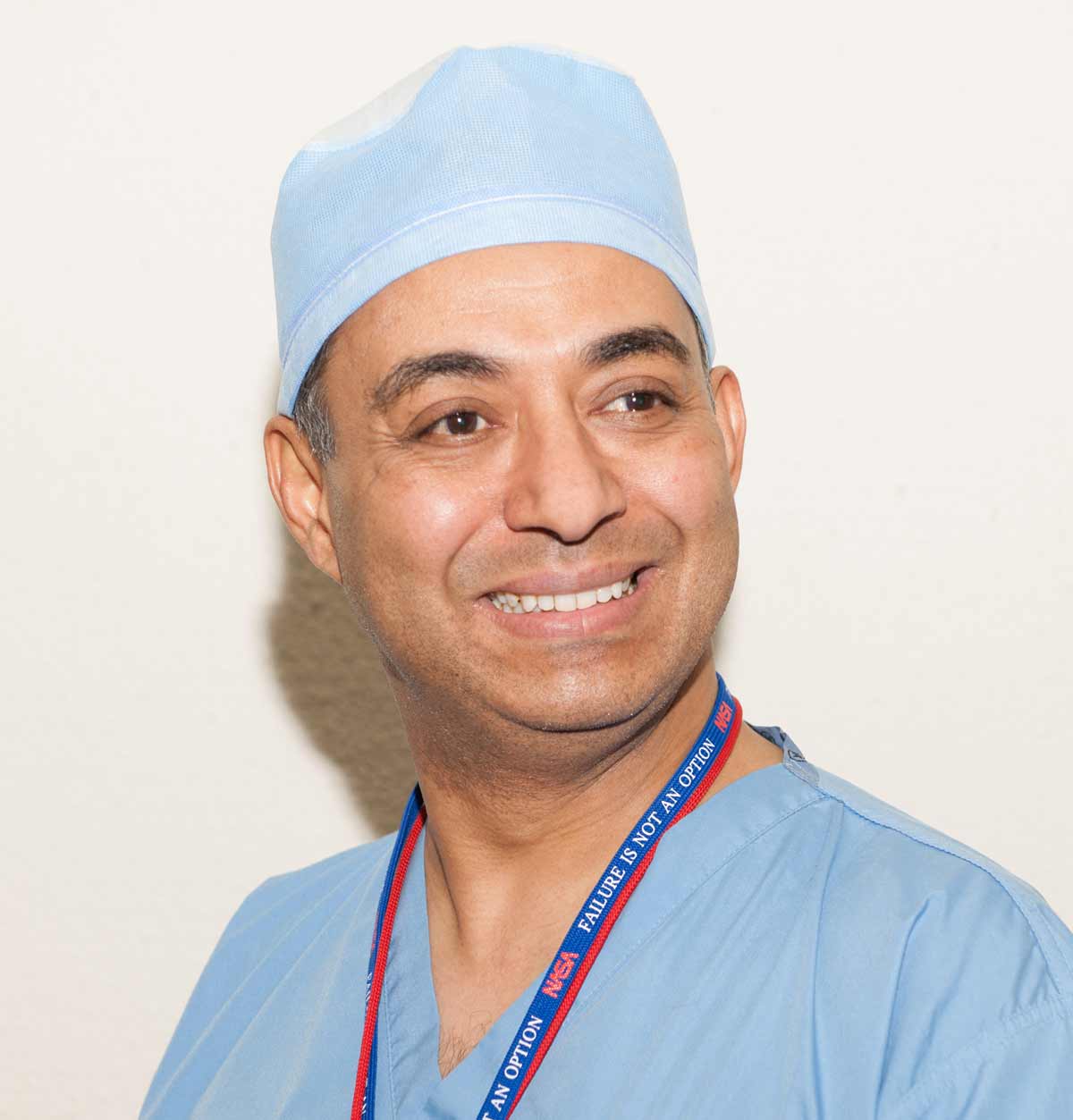Al-Ahli Heart Center is accredited by Weill Cornell Medicine-Qatar to train students
By Dr. Abdurrazzak Gehani; Head of The Heart Center at Al-Ahli Hospital - Doha / Qatar

Al-Ahli Heart Center is accredited by Weill Cornell Medicine-Qatar to train students due to its distinguished features, as it encompasses all clinical and surgical sub-specialties of heart diseases, as well as vascular veins. The Critical and Cardiac Care Unit contains specialized rooms equipped with modern and advanced devices to continuously monitor the patient’s pulse, blood pressure, and blood gas levels. All patient devices are connected to central monitoring systems outside the patient’s rooms so that physicians and nurses can monitor the patient’s condition without frequently awakening or disturbing them.
In addition, there is a modern and advanced cardiac catheterization laboratory where the heart chambers and both right and left sides’ circulations can be examined, as well as the coronary arteries with high imaging accuracy for all details. This is in addition to other devices that can be used to measure the flow rate of blood inside the coronary arteries in detail, to assess the importance of the degree of constriction and its effect on the heart muscle’s blood supply, and therefore the need to expand the coronary artery and place a stent in it. Other devices can also be used to examine the coronary artery directly from the inside using ultrasound waves, which gives an image of the coronary artery wall. Such images cannot be obtained through conventional catheterization. A comprehensive clinical training curriculum is developed upon which student training is based in the catheterization rooms and open-heart operating rooms, under strict rules that ensure patient safety and complete privacy. Afterwards, the evaluation is conducted by Dr. Abdurrazzak Gehani, who will supervise the students’ training with the medical team at the heart center. Dr. Gehani, a professor at the College of Medicine, has been responsible for teaching at Weill Cornell Medicine for 16 years and is keen to not only provide knowledge to students but also to teach them from his long years of experience in treating patients.
On his part, Dr. Gehani, Head of Cardiology Department at Al-Ahli Hospital and Professor of Cardiology at Weill Cornell, stated: “Students are trained at the Cardiac Center through a regular and organized program designed by the Cardiology Department team. The students go through several stages; the first stage involves familiarizing themselves with the correct examination methods, understanding the circulatory system, identifying the necessary tests for each case, as well as the basics of electrocardiogram planning, analyzing and reading, and training on studying patients’ cases.
The second stage involves attending cardiac tests and learning the correct methods for conducting them, such as stress tests and echocardiography, with a focus on identifying what is normal and what indicates a heart problem. Therefore, the correct diagnosis of the case is made, and a treatment plan is developed, either through medication, catheterization, or surgery. Additionally, there is also a focus on raising awareness among students to provide advice to patients to prevent heart disease.
The third stage involves attending diagnostic and therapeutic catheterization procedures, discussing the results, and the treatment given during the catheterization, whether it be with stents and a focus on heartbeats and so on.
The fourth stage involves attending open-heart surgeries, where the student first learns about the patient’s readiness for surgery, the best ways to anesthetize and transfer the circulatory system from the heart to external blood circulation devices (heart and lung machine), where the heart must be stopped and the device’s function redirected to enable surgery. Recently, open-heart surgery has developed to be conducted without the need for external circulation, and the heart continues to beat.
The fifth stage involves the correct method of reading laboratory test results, analyzing blood samples, and identifying early signs of any malfunction in the body before the condition worsens.
Finally, Dr. Gehani pointed out the stage of training adoption, where the student’s training period is evaluated, weaknesses and strengths are identified and focused on and improved before graduation.
Student Khalifa’s experience:
The medical student from Weill Cornell describes his clinical training experience at Al-Ahli Hospital as highly beneficial, providing a deeper understanding of the work of cardiologists. He learned how to interpret cardiac echocardiography and was exposed to a wide range of interesting cardiac conditions during his training period.
He attended various procedures in the catheterization laboratory, where he received instruction on coronary artery anatomy. He also learned how to communicate with patients during clinical examinations through the guidance of Dr. Gehani and the cardiology department team. The student, Khalifa, expressed that Dr. Gehani was an exemplary role model in providing care to patients with utmost effort, not only in delivering physical treatments but also in addressing their fears.
He was an inspiring mentor who provided the opportunity for Khalifa to learn how to manage different medical cases.
Khalifa also praised his experience at Al-Ahli Hospital, the staff, and nurses for their assistance and the various learning opportunities he was provided with.














